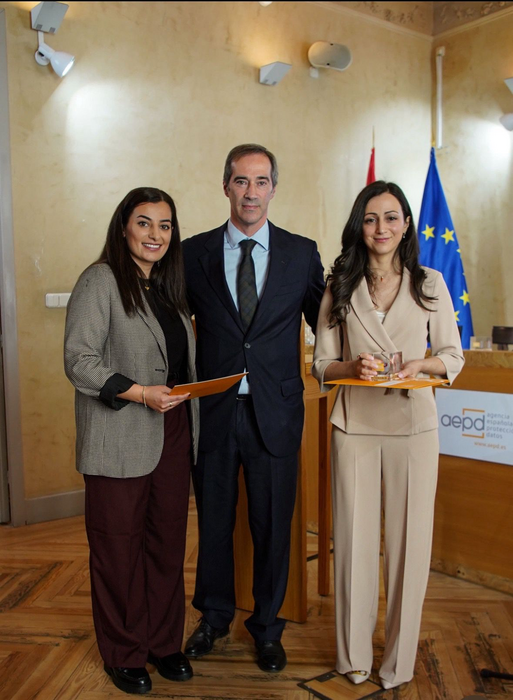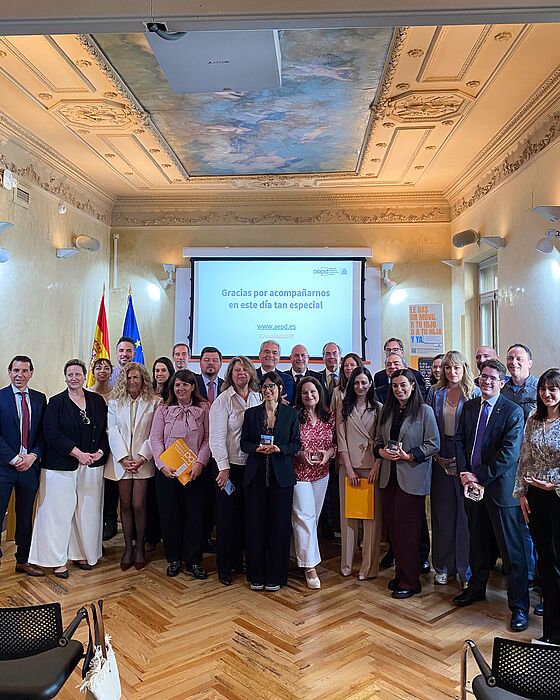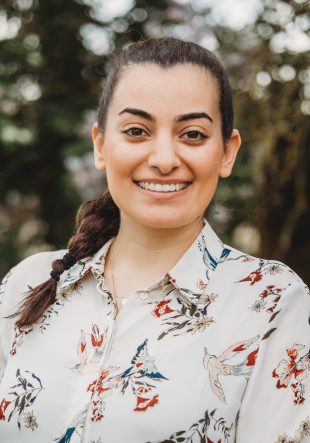Neurotechnology is no longer limited to the medical field, but is increasingly being used in areas such as entertainment, wellness and marketing. But what data protection concerns arise from the use of brain data? In the first user-centred study on the topic of neuroprivacy, a team of researchers from the IT Security group at Paderborn University has investigated people's expectations and concerns regarding the privacy of brain data and has now been awarded the prestigious "Emilio Aced" research prize by the Spanish data protection authority AEPD.
The award ceremony took place on 8 April 2025 and recognises outstanding scientific work in the field of data protection. The prize was awarded for the publication "Privacy in the Age of Neurotechnology: Investigating Public Attitudes towards Brain Data Collection and Use", which was published at the renowned ACM Conference on Computer and Communications Security (CCS).
Focus on privacy concerns and user perspectives
In their study, Emiram Kablo (doctoral candidate) and Prof. Dr Patricia Arias Cabarcos investigated the conditions under which citizens find it acceptable to share their brain activity. Who would they share this data with? For which services? And which data protection guarantees are decisive for them? These questions were at the centre of the study.
Comprehensive study with clear results
For the study, 287 European participants were surveyed to assess the acceptability of 116 different neurodata streams based on news and planned use cases. For example, how acceptable would it be to share neurodata with an employer to improve safety in the workplace? Participants also answered open-ended questions about what they think can be derived from neurodata.
The results show that people have particularly strong concerns about the use of brain data for advertising. In contrast, applications in healthcare and research were viewed more favourably. Transparency and obtaining informed consent were cited as key factors for acceptance. These findings highlight the need for better transparency measures and privacy protection mechanisms before the commercialisation of neurodata sharing normalises brain monitoring.
Relevance for society, research and policy
The results of the study provide valuable insights for various stakeholders. They can be used in awareness-raising campaigns to educate the public about the risks of protecting neurodata. In addition, policy makers and activists can use the findings to include the users' perspective in discussions about the responsible use of neurotechnology. Developers can integrate these findings into privacy-by-design solutions to fulfil user expectations.
Conclusion: Data protection as a cornerstone of neurotechnology
Neurotechnology has the potential to make groundbreaking advances in fields such as health and education. At the same time, research into the protection of neurodata is essential to preserve cognitive freedom, mental privacy and self-determination. This award-winning study makes a crucial contribution to the debate on the development of neurotechnologies that respect privacy.




